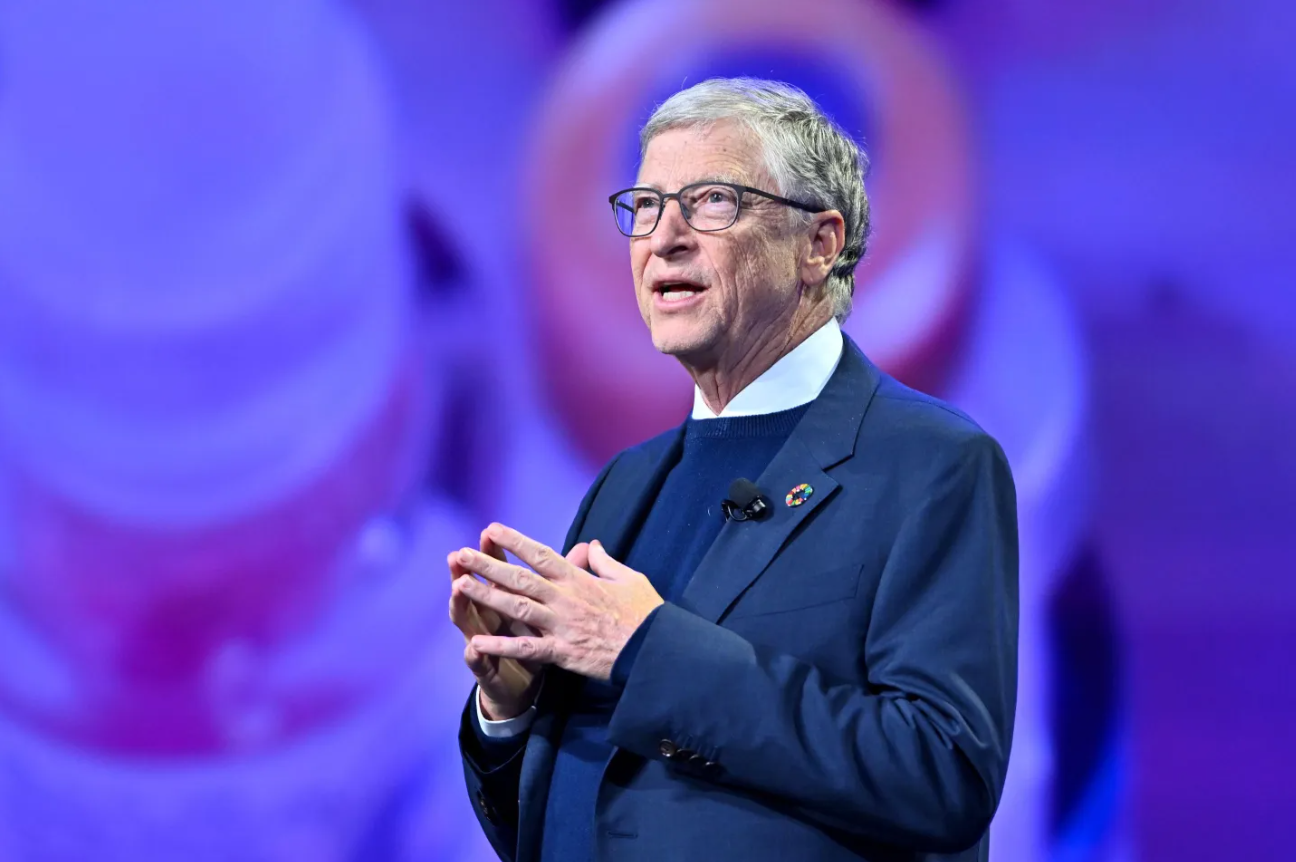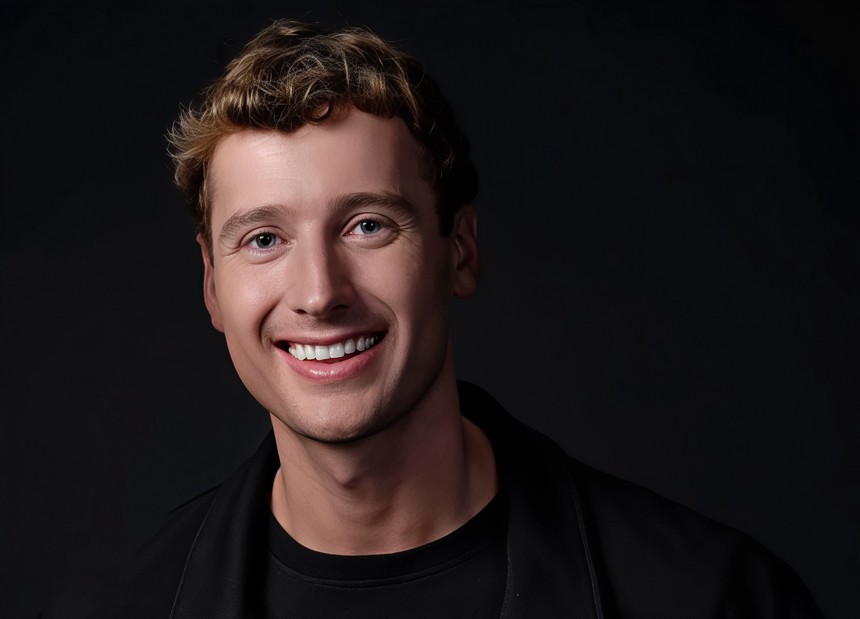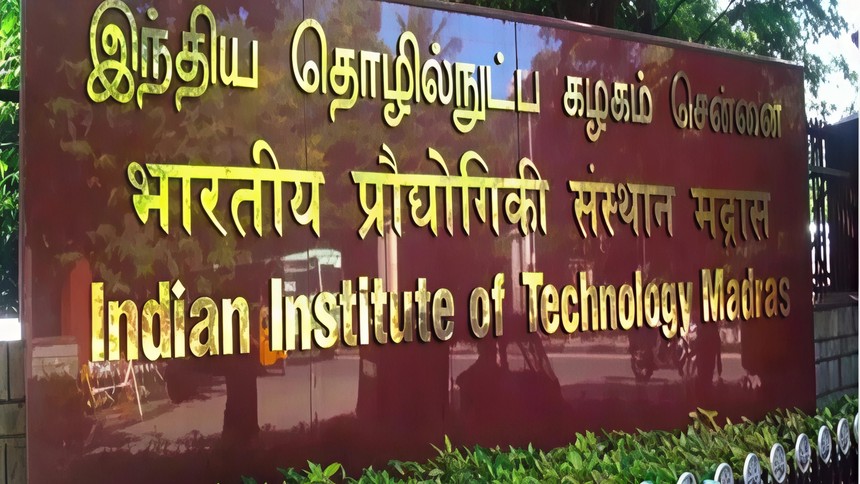As artificial intelligence transforms the global workforce, Bill Gates has a clear message for Gen Z—being good at using AI tools won’t guarantee job security. In a recent interview, the Microsoft cofounder cautioned that while AI might feel empowering, its rapid rise is already erasing traditional starting points for young professionals.
Gates acknowledged the benefits of learning AI, but he emphasized that this alone won’t shield anyone from the growing wave of automation. Entry-level roles, once a gateway into industries like consulting, finance, and marketing, are now the first to be outsourced to intelligent systems. A 2024 report from the Burning Glass Institute revealed that 60 percent of entry-level positions across various sectors are under threat from automation.
Hiring data tells a similar story. In the United States, job listings for entry-level positions have declined by 35 percent since early 2023. Employers no longer want junior hires to learn as they go. Instead, they’re prioritizing individuals who can manage, evaluate, and oversee AI systems—skills that fresh graduates typically haven’t developed yet.
Smaller firms are feeling this shift too. In Ohio, consulting company Futurety decided to skip its summer internship program and used ChatGPT to manage digital content instead. As AI becomes more competent at performing routine tasks, companies are finding less need to invest in new talent for foundational work.
But Gen Z isn’t waiting around. Many young job seekers are now pursuing skilled trades like plumbing or electrical work, which offer strong pay, job stability, and are difficult to automate. Others are shifting to people-focused fields such as education, healthcare, and social work—careers that still rely heavily on emotional intelligence and human presence.
A growing number of employers are seeking what they call “T-shaped” professionals. These are individuals who bring deep expertise in one area, paired with broad adaptability across disciplines. In this new job market, creativity, real-world problem solving, and strong communication are becoming just as valuable as technical know-how.
Gates encouraged young professionals to stay curious and keep learning, but also to diversify their skills. In an age where AI is replacing not just manual labor but cognitive tasks as well, the future belongs to those who can blend technology with adaptability, leadership, and human connection.
For more stories on how technology is shaping the workforce and the future of jobs, follow Tech Moves on Instagram and Facebook.
















